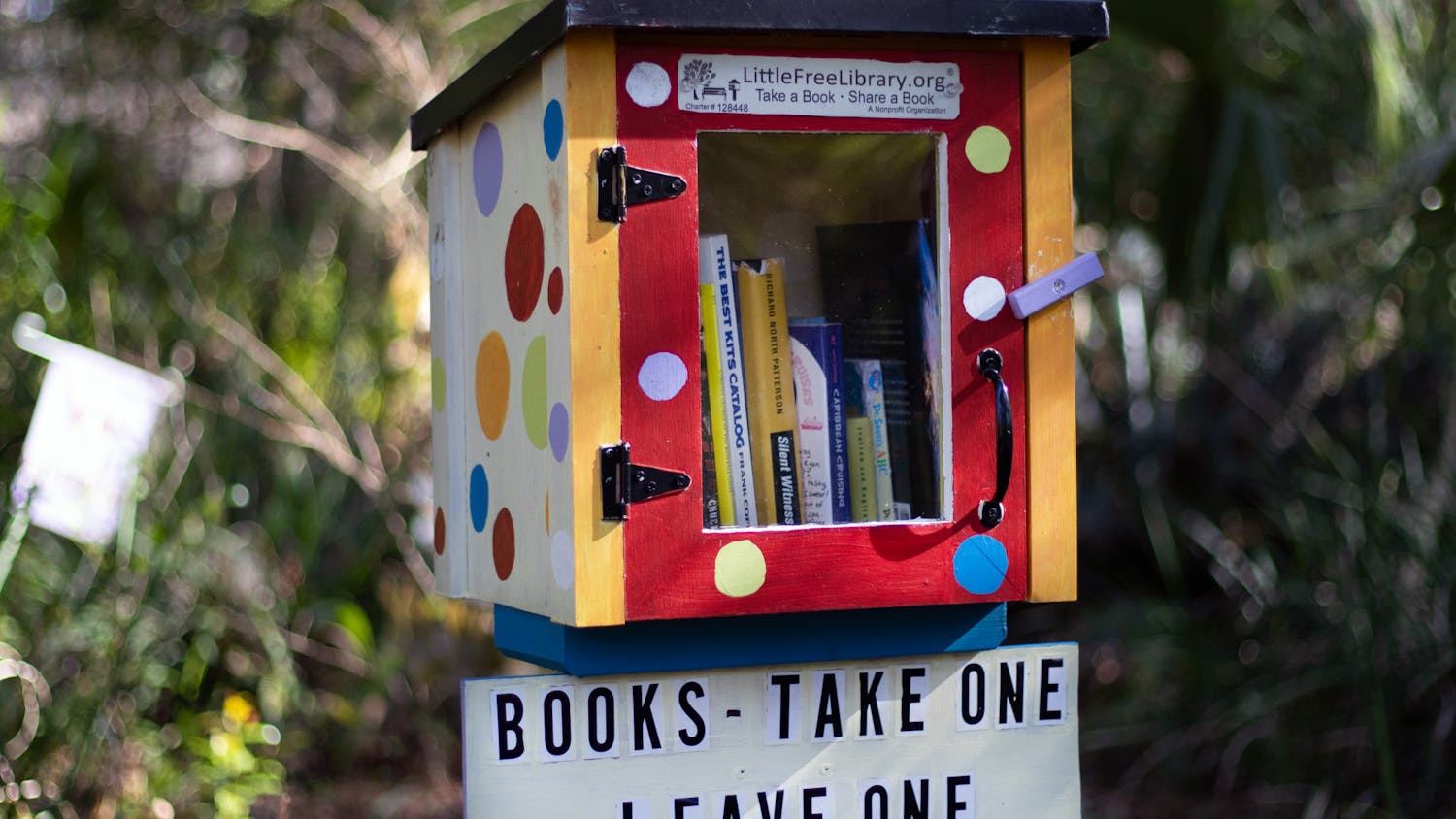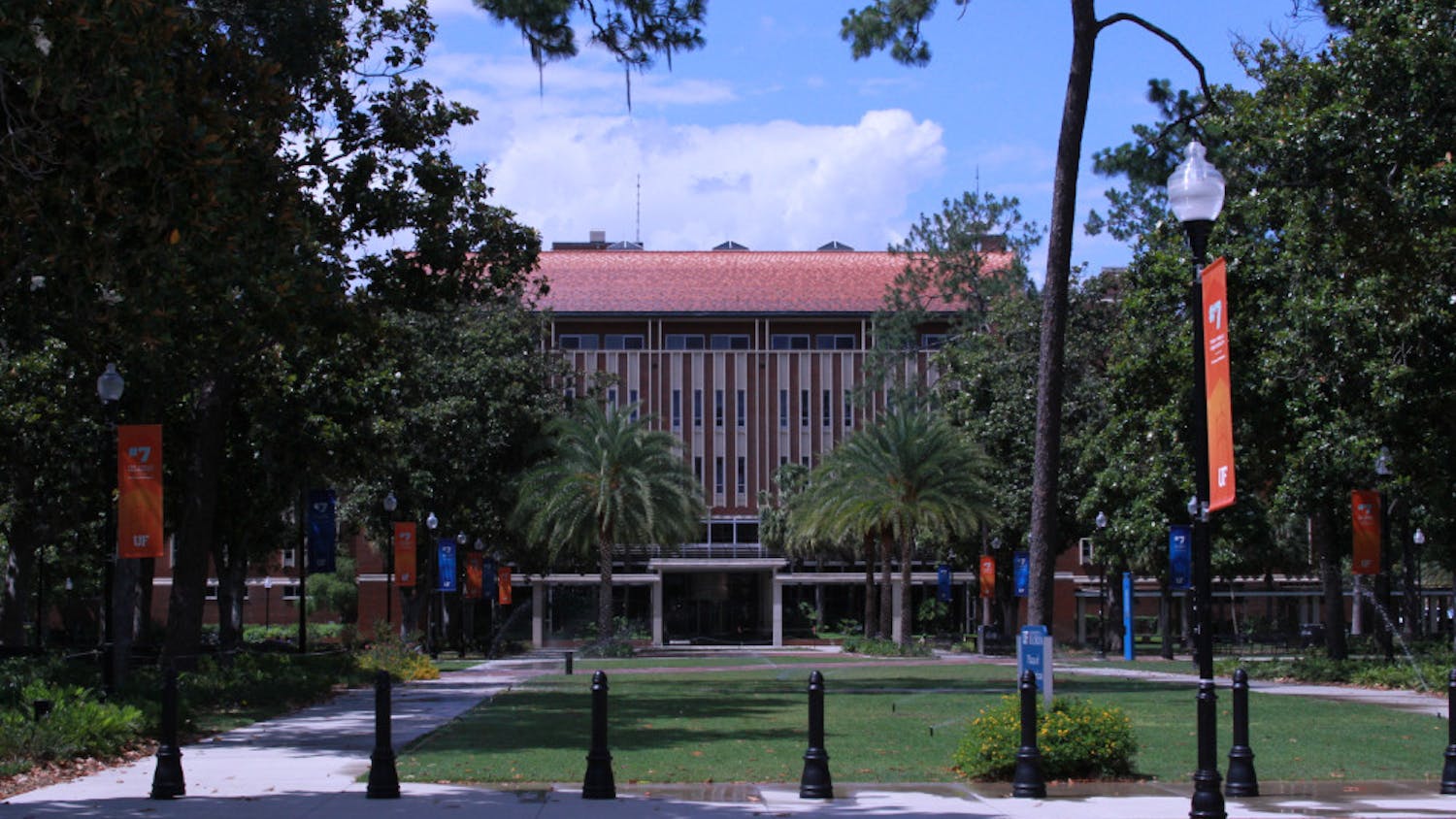Chip Halvorsen remembers when borrowing an audio book from the library consisted of 16 cassette tapes.
Now books, DVDs and audio books are available online, and public libraries all over the country are transferring part of their collections from the shelves to the computer.
"It's pretty easy," said Halvorsen, who works in the eBranch Deparment at the downtown Alachua County Library. "You just download the software and choose from a selection that is constantly growing."
With e-books, libraries are trying to reach out to people who usually won't visit the library and can borrow a book from home.
"It's a natural extension," said Daniel Barden, technical services administrator for the Alachua County Library District.
"Technology is moving that way. It makes sense to offer material online," he said.
However, downloadable media only makes up a small percentage of the total circulation in the district.
The Alachua County Library District reached 3 million books in total circulation for the last fiscal year, and digital books only account for about 10,000.
Digital books are borrowed just like print books - there are set numbers of digital copies, and people are put on wait lists if all the copies are "checked out."
"We have to protect copyright," Barden said. "Publishers want to make as much money as possible, which limits the availability of certain materials, especially new books."
However, classics that are constantly on reading lists are always available.
One of the library's downloading systems, OverDrive, is compatible with the Sony Reader to download books.
"I just bought the Sony Reader," Halvorsen said. "It is so thin and light, and I can have five books without the extra baggage."
A library card or e-card is all that's necessary to check out or reserve e-books online.
"Dan Brown's new book is available right now through e-books," Halvorsen said. "It's a long kept secret."
However, the library system is not compatible with the Kindle, the digital reader developed by Amazon.com.
"The Kindle is not library friendly," Barden said. "If Amazon opens up the Kindle, their profits would go down and that is something they do not want."
Many UF students also use online book services to get digital copies of their textbooks.
Alisha Wainwright, a UF senior, uses digital textbooks due to the economic advantage and accessiblity.
"I do get headaches," Wainwright said, "but I don't have to carry heavy textbooks and can read it wherever there is wireless."
With the increasing use of e-books, some are worried about the demise of books and public libraries.
"I think it will just lead to a hybrid of formats," Barden said. "We are still a couple of generations until that 'Star Trek' environment."
"Public libraries are the great equalizer," he said. "It's hard to beat the book."





